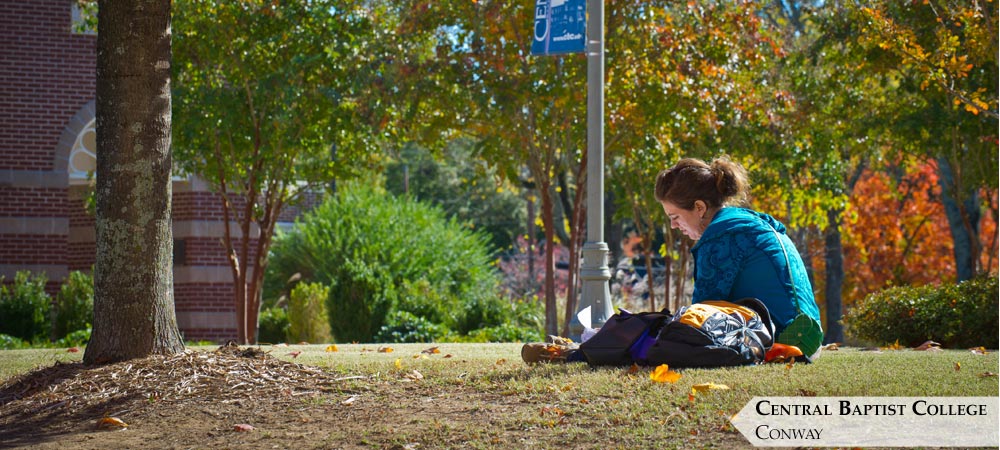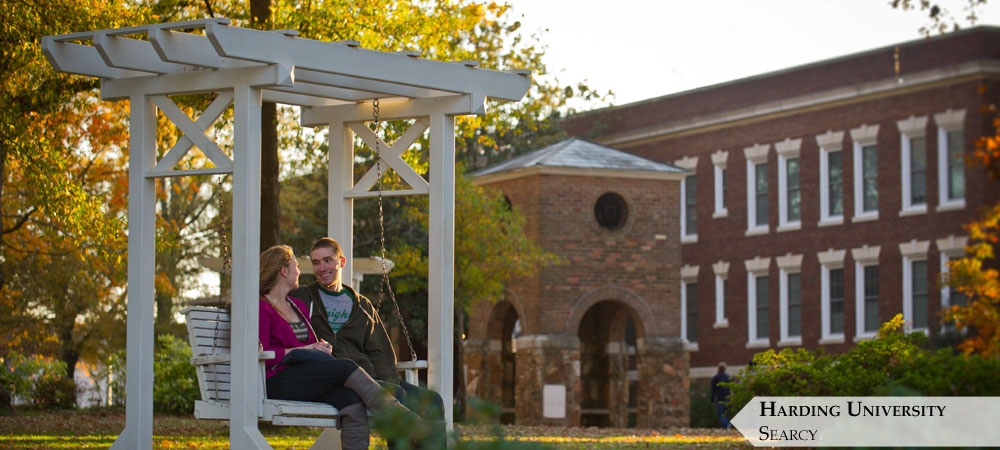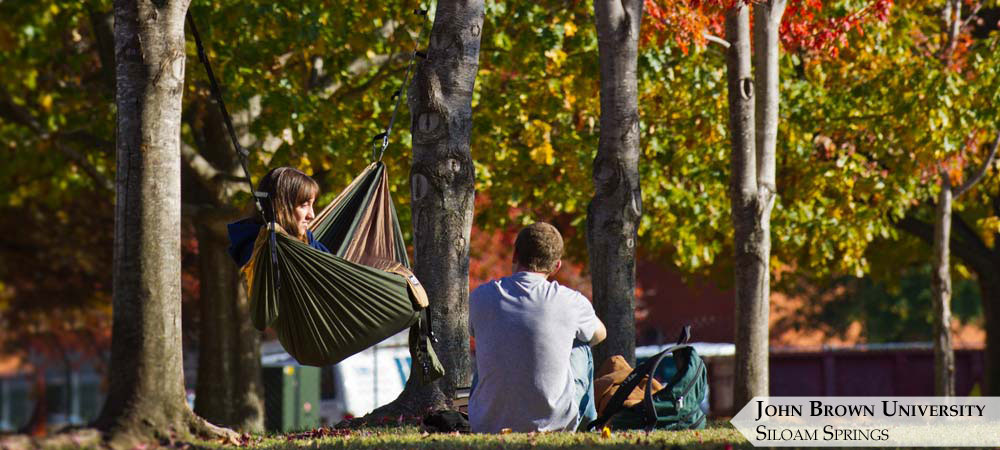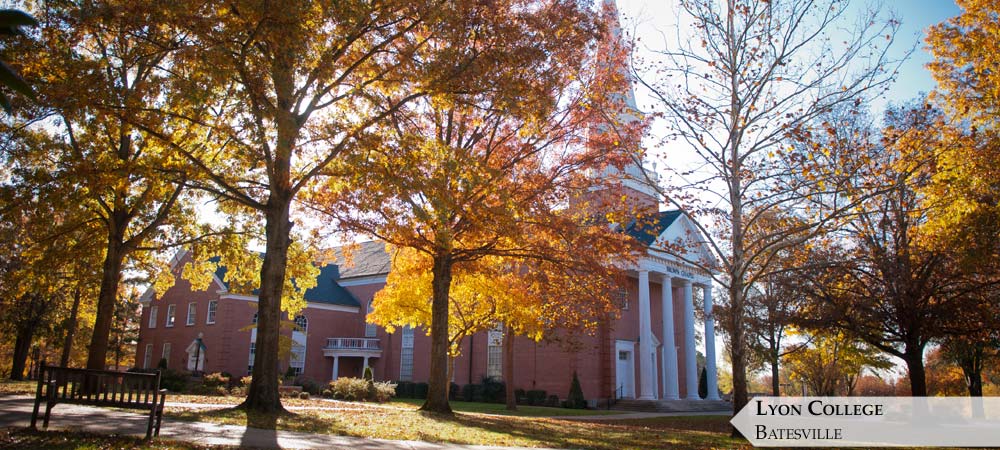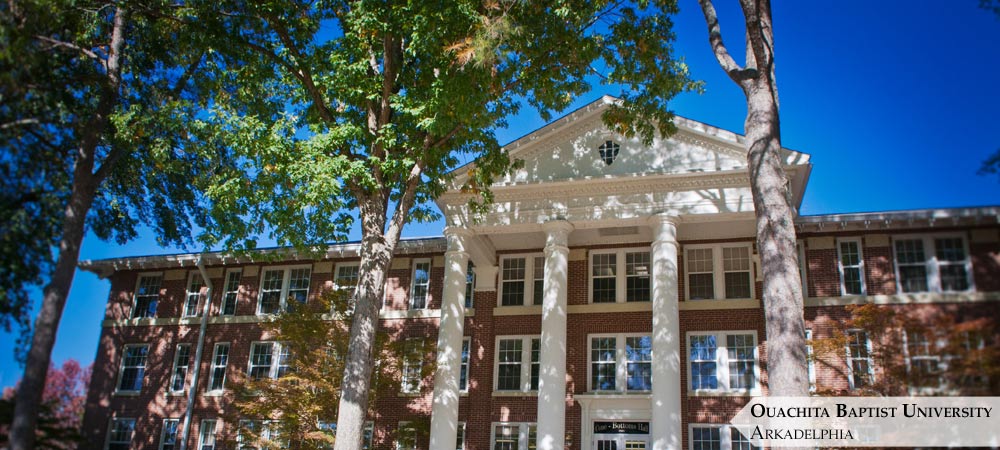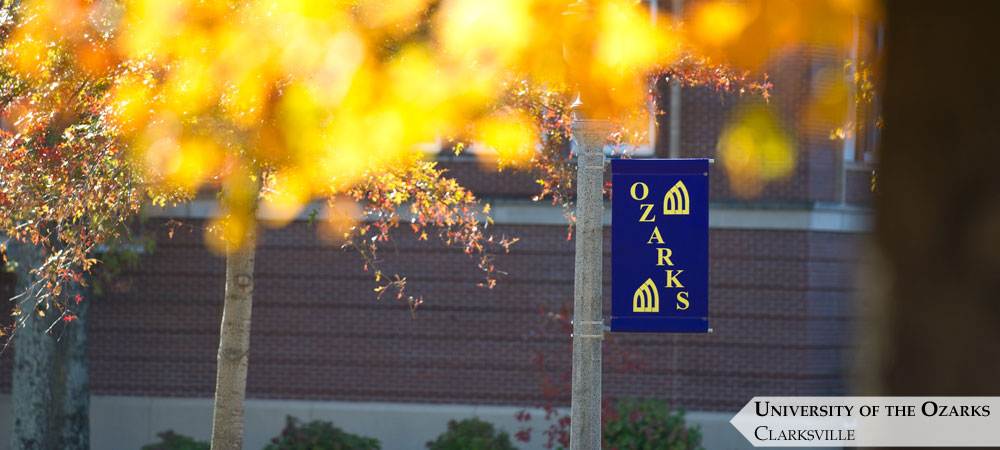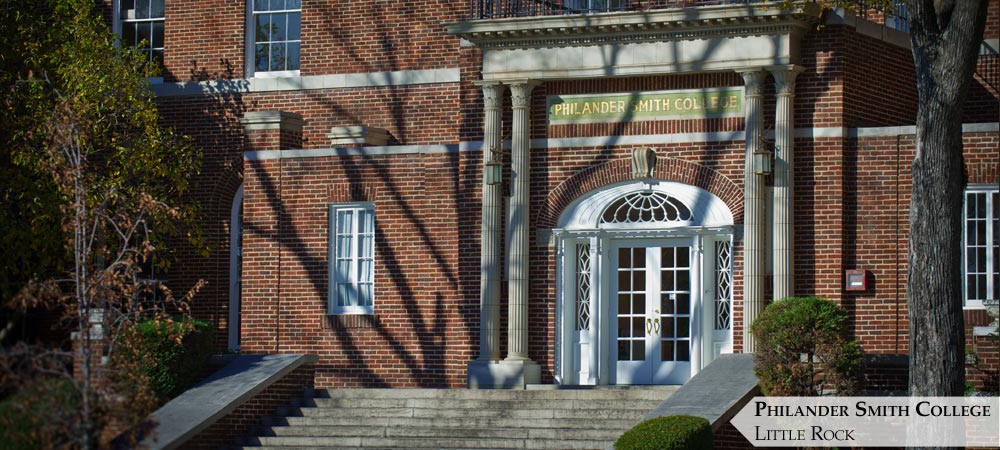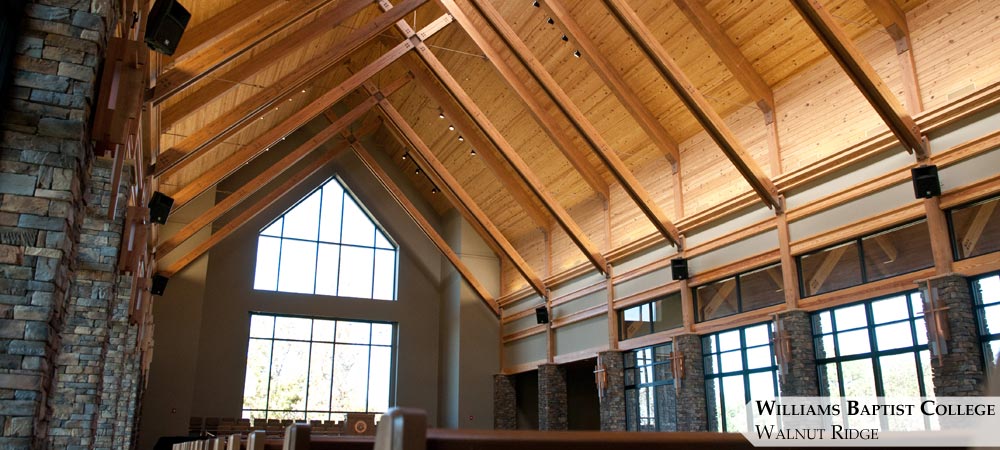Until December 2019, Philander Smith College student Hunter Black wanted to be a pharmacist. Then, he did some research over the winter break and realized that he could have an even greater direct impact on the lives of his patients if he became a doctor.

“It was like I had to cross a mental threshold,” Black said. “I had to let myself know that I was capable of doing more, that I was capable of being anything I really wanted to be. It wasn’t so crazy anymore, this idea of being a doctor.”
Back at school after the winter break, he got to work setting this plan into action, and quickly found out about the HBCU Med Track program by Philander Smith and the University of Arkansas for Medical Sciences.
Fast-forward through months of dedicated studying – in the midst of a pandemic, no less – and Black was one of 14 students who recently took the Medical College Admission Test (MCAT) this summer, which is a requirement for getting into medical school.
“I wouldn’t have been able to have done it without them,” Black said.
The Med Track program provides a combination of mentoring, tutoring and assistance navigating the application process for medical school and other health care careers. It is a partnership of UAMS, Philander Smith College and the University of Arkansas at Pine Bluff (UAPB). It was funded in 2019 from part of a $4.6 million grant to UAMS from the U.S. Department of Health and Human Services to address the rural physician shortage in Arkansas.
HBCU Med Track aims to create a partnership between the historically black colleges and universities (HBCU) in the state to help more minority students enter the medical field. The goal is to train people from Arkansas who represent and understand its wide diversity, so that those individuals can stay in Arkansas, treat underserved communities, and lessen the impact of an ongoing rural physician shortage that is only expected to worsen in the coming decades.
Cynthia Burroughs, Ph.D., site director for the program at Philander Smith and a professor in the biology program, said the program’s combination of tutoring, mentorship and system navigation is key. It is modeled off of other successful programs, like one at Xavier University in Louisiana.
“We’ve had a long relationship with UAMS, but this makes it more formal and organized,” Burroughs said. “Students of color who want to go into medicine are coming to Philander Smith already. They seek us out. This program helps us give them a more personalized relationship with UAMS before they apply for medical school so that they are more likely to consider UAMS when it is time for them to apply. Because currently, our top students are going out of state, and they might not come back.”
Sederick C. Rice, Ph.D., site director for the program at UAPB and an assistant professor in the Department of Biology, said many UAPB students understand health disparities and physician shortages firsthand.
“We have students from different parts of the state, including the Delta,” Rice said. “This program helps us support students from these communities who are already familiar with the cultures and the challenges of the places they come from and are dedicated to being a part of the solution. I had one student say: ‘you know, Doc, I come from a small town and we don’t have a pharmacy or a clinic. We have to drive several miles to access that. I want to go back and establish a clinic so that not only my family members benefit, but other people in that community.’”
Students and faculty alike agreed that the support provided by the program model is key to improving opportunities for underrepresented minorities in medicine. Students in the HBCU Med-Track Program are interested in health science career options, an opportunity to learn “the ropes” to be able to prepare competitive applications and personal statements, improve their interview and test-taking skills – all on top of a strengthening their science and math backgrounds. Mentorship, relationships and support are the special glue that holds it all together.
Renisha Ward is education coordinator of the HBCU Med Track program at UAMS. Ward graduated from UAPB a firm believer that HBCU’s can play a unique role in encouraging and supporting minority students.
“Life is a struggle,” Ward said. “There’s always going to be a struggle. But sometimes it’s nice to know I can look to my left and my right and there will be a brother and a sister who are there in the struggle with me. Not only that, but there are people in corporate America, in education, in medicine, and science who will fight for you.”
Ward said through the Med Track program, she is able to become that contact at UAMS for these students. Pre-pandemic, some would come and sit in her office daily. Now, they all log on together for tutoring online.
“Now they literally have a face, someone they know at UAMS who is truly invested in them and who they can reach out to,” Ward said.
Black agreed. He said the mentors and current med school students at UAMS who have spoken to them have been a great support.
“They’ve been really open to talking to us about everything from the MCAT to what it’s really like in medical school,” Black said. “They’ve helped us to stay motivated by showing us what is possible and then feeling like we have people in our corner.”
Ward points to the numbers to show that the program is making a difference. Among the students who have participated in HBCU Med Track since it began in November 2019, four have been accepted in the College of Pharmacy (including one, who, at 19, is the youngest student to be accepted to the college), one in the College of Public Health with three more applying, and the 14 students applying for medical school.
Ward said that she’s seen buy in from UAMS, UAPB and Philander Smith that has really made a difference. The program enjoys the support of the top leadership in the UAMS College of Medicine, and Ward is thankful for the many faculty and industry mentors who volunteer their help.
“Especially during the pandemic, people who suddenly had more time on their hands reached out and offered to be speakers or mentors,” Ward said. “They had messages for the students like, ‘hey, I was just like you once. You can get to where you want to go.’”
At UAMS, the HBCU Med Track program is one part of the larger Arkansas Medical Education Primary Care Partnership, which is a project of the UAMS College of Medicine, UAMS Regional Campuses across the state, and the UAMS Department of Family & Preventive Medicine. Program Director Christopher T. Westfall, M.D., UAMS executive vice chancellor and College of Medicine dean; is assisted by co-directors Marcia Byers, Ph.D., director of clinical innovation for UAMS Regional Campuses; Daniel Knight, M.D., associate professor of Family & Preventive Medicine; and Leslie Stone, M.D., M.P.H., director of Medical Student Education for the Department of Family & Preventive Medicine.

